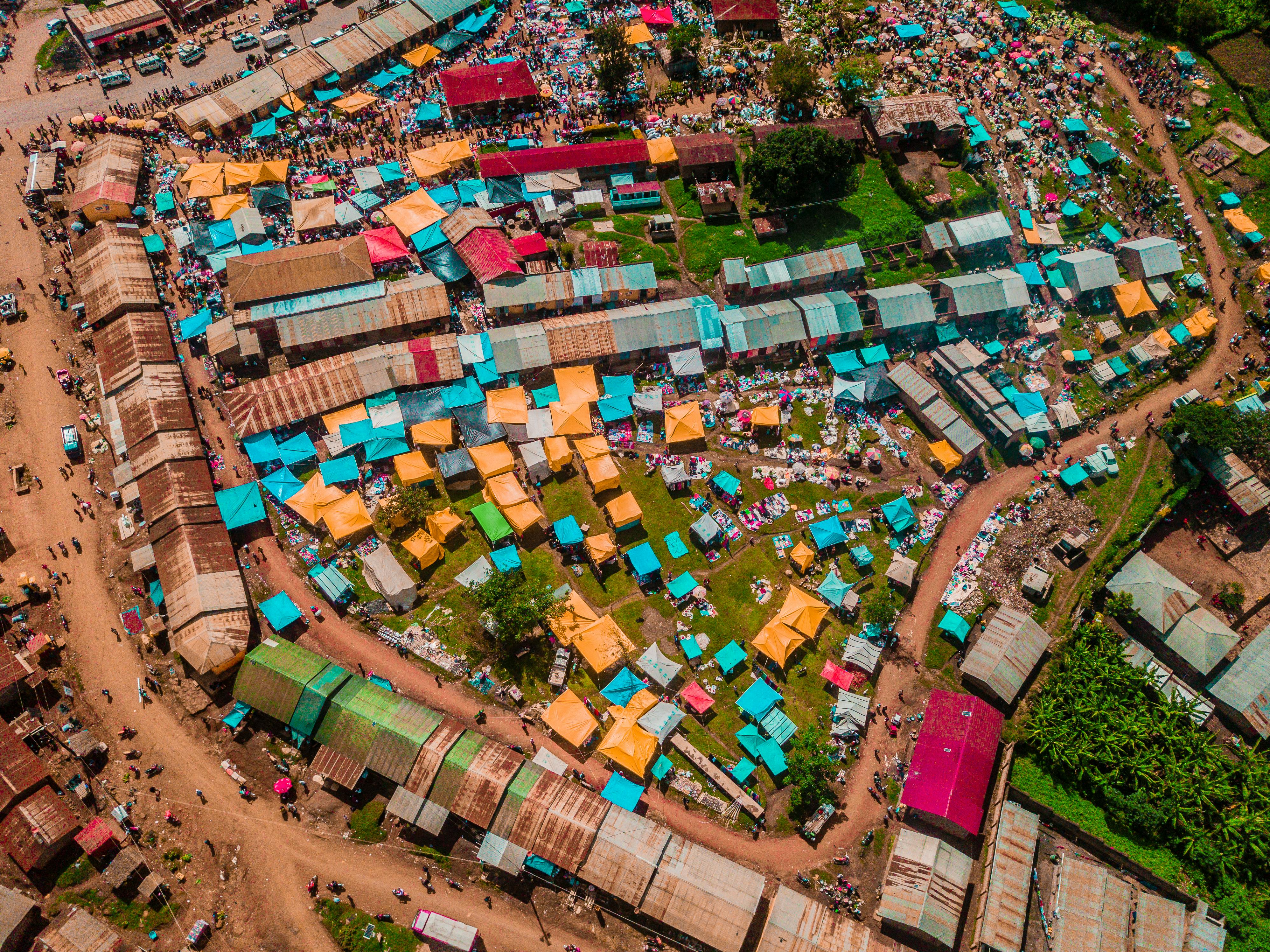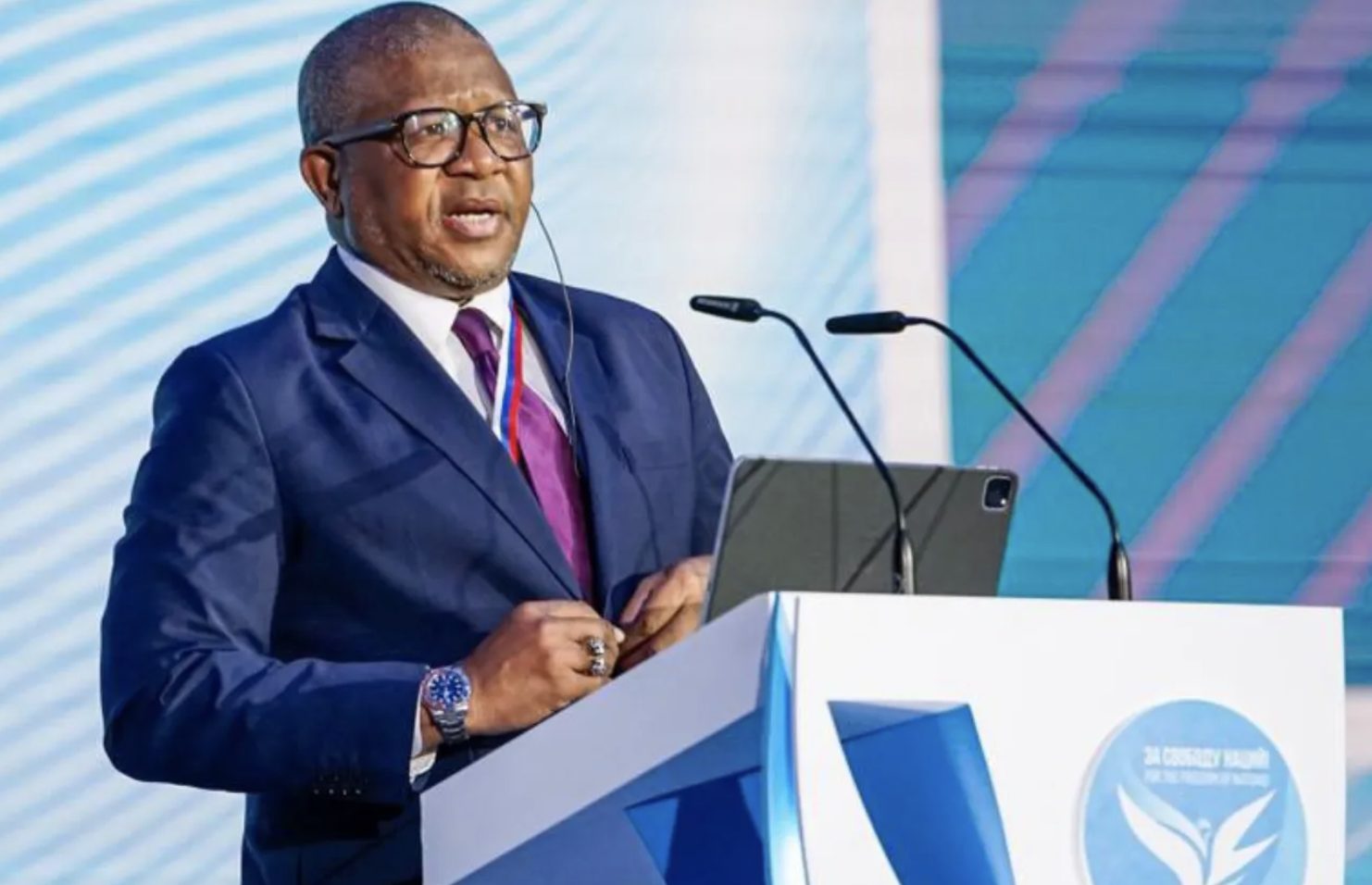News
Ghana’s Crucial Election amid West Africa’s Democratic Erosion
This is not just another year for Africa – there’s a democratic whirlwind sweeping across the continent, with 17 nations poised to make history, one ballot at a time. Africa isn’t just counting votes – in 2024 it’s counting on democracy.

With almost a third of the countries on the continent and 21.1% of the continent’s population gearing up for elections, Africa is writing a new chapter in its quest for political empowerment and change.
The stakes are high, and in West Africa, where political instability and coups have become disconcertingly familiar, Ghana stands at a critical juncture.
Set against the backdrop of Senegal’s political turmoil and regional democratic setbacks and the recent reports over suspicions of a coup plot in Nigeria, Ghana’s upcoming elections on 7 December carry immense significance for the nation and the entire West African region.
Its elections in December need to show the rest of the Ecowas region that democracy is the way to go for the region and the continent.
After experiencing years of teething self-governance problems – political turmoil – the country emerged as a leading example of successful efforts to consolidate democracy and good governance.
In 2000, Ghana managed the critical test of a transition to democracy by changing regimes at the ballot box, which took Flight-Lieutenant Jerry Rawlings out of office and John Kufuor into Flagstaff House as president in early 2001.
Since then, Ghana has consistently held its position in the “free” category, according to Freedom House Rankings, and is currently highly ranked in Africa based on fundamental measures of democracy and good governance.
Worrying outlook
However, in its neighbourhood, the democratic outlook is concerning.
Countries like Sierra Leone, Burkina Faso, Mali, Niger and Guinea have experienced attempted and successful coups in the past three years – and Senegal’s president is now delaying elections – contributing to increased fragility in the region.
The unrest in West Africa emphasises the pivotal role of Ghana’s elections as a catalyst for regional leaders to restructure the political landscape.
Ghana’s elections are viewed as an opportunity to reaffirm the significance of democracy in the region and demonstrate the resilience and durability of democratic values.
Beneath this image of a thriving democracy, “lies a reality of toxicity, dysfunction, corruption and zero-sum/winner-takes-all politics that enables a narrow group (mainly party elites and close allies in the domestic private sector) to co-opt, corrupt or pervert the nature of democratic institutions,” as Prof Gyimah-Boadi highlights in a recent analysis of Ghana’s democratic landscape.
The collusion of political leaders from across the political divide, he further asserts, has led to a yawning gap between the “haves” and the “have nots” – a situation which, left unchecked and coupled with an extended prolonged economic crisis, could undermine popular trust in democracy.
It may thus be unsurprising that Afrobarometer polling shows that gains made in support of democracy in 2016 have taken a sour turn, going down from 81.6% to 76.2%.
Fewer than four in 10 young Ghanaians believe that the government is effectively addressing critical areas such as education, economic management and job creation.
Opportunities
While alarming, this in itself presents opportunities for both the incumbent and the opposition to change the status quo and reinstall some confidence in the democracy project.
While the usual political rhetoric and propaganda have marked the campaign season in Ghana, there is a positive shift as the leading political parties focus on their achievements.
The discourse revolves around economic management, infrastructure development, public services, employment and social interventions.
This emphasis on policy-driven debates reflects a commitment to addressing the needs and concerns of the Ghanaian electorate, which are economic management and unemployment, as reflected in the latest Afrobarometer surveys.
However, the disjuncture lies in whether things will get done.
Rising beyond rhetoric and acting on promises will be key to the country’s continued democratic adhesion.
While a departure from its democratic ideals might be hard to fathom today, it is in addressing the population’s desires that its leaders can prevent the waning trust in the political governance system from degenerating into political hara-kiri, as observed in other West African countries.
Thankfully, the country’s leaders and citizens have ample scholarship and examples of other countries to lean on in designing and strengthening institutions and processes aligned with Ghana’s political, social, and demographic realities.
Urgent issues
As Ghanaians prepare to cast their votes, it is essential to recognise the challenges that lie ahead.
The incoming government must confront the urgent issues to build a more inclusive and prosperous nation.
Realising its advantages and capitalising on its democratic gains will require the country’s leaders to align governance, policy, data, skills, foreign relations and the mindset to deal with the core problems of poverty, corruption and moral decadence that plague the country.
It will necessitate, in practice, making and following through on better policy choices that create jobs and enable entrepreneurship for its population, and rein in a yoyoing fiscal situation by better managing its expenditure, among other things.
As it has done in previous times, the international community should closely monitor Ghana’s election as it unfolds, understanding its potential impact on stabilising the region amid the surrounding democratic erosion.
Ghana’s elections are not a routine democratic exercise. It is a crucial moment to demonstrate continued belief in a system of governance that allows people to choose their contenders for a better state of affairs and a watershed moment to fortify democratic ideals in a region grappling with instability.
The outcome, in elections and the creation of better conditions for its people, has the potential to inspire neighbouring nations to recalibrate towards democratic principles, fostering stability and resilience in the face of the region’s current challenges.
This article originally appeared on the Daily Maverick
Photo: Workman House



